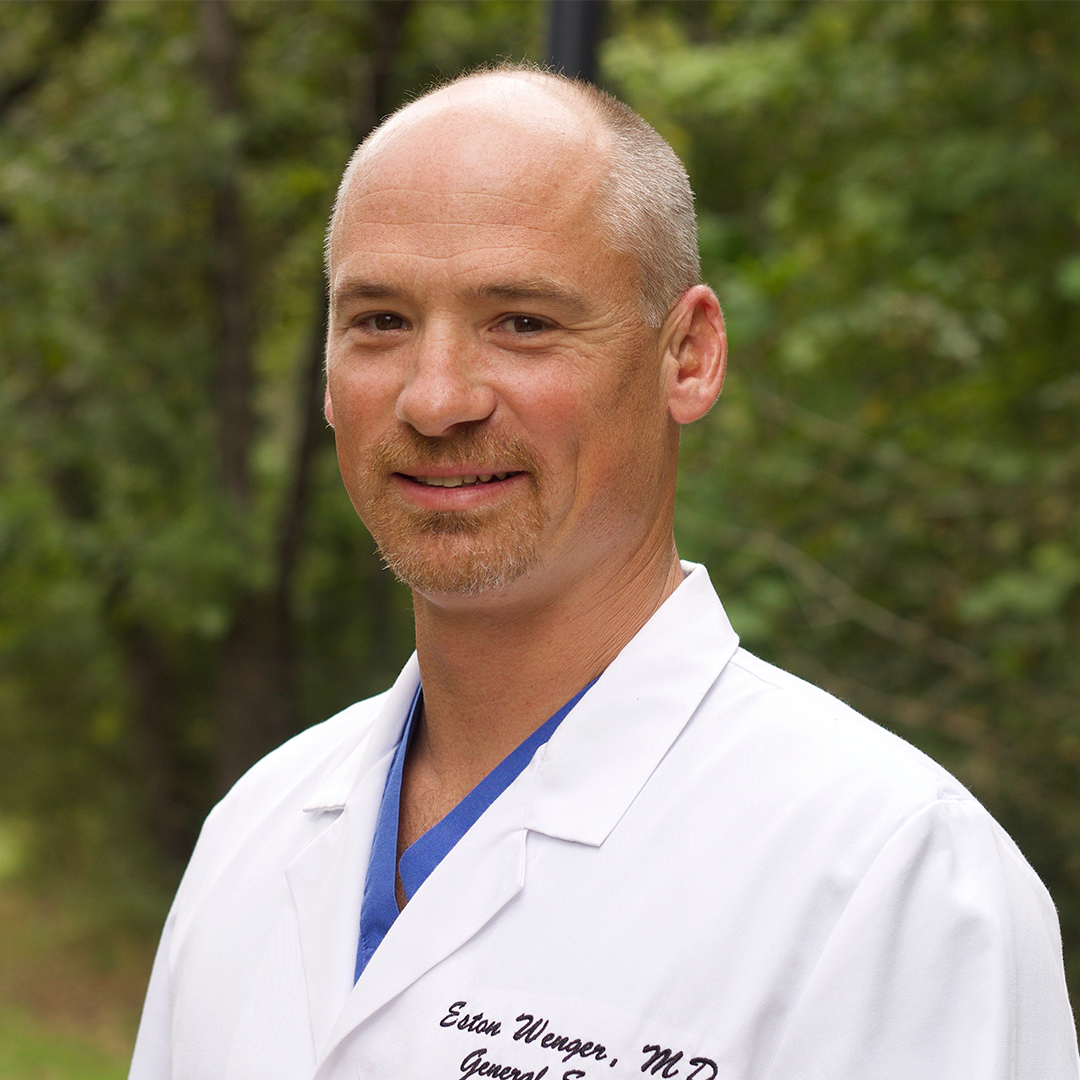
Oct 17, 2023 | From the Desk of Dr. Eston Wenger of Premier Surgical Cleveland
Understanding the Risk Factors for Varicose Veins
Introduction
Varicose veins are more than just a cosmetic concern, they often signal an underlying issue in your circulatory system. While they can affect anyone, understanding the risk factors for varicose veins can help you take preventive measures and seek treatment when needed. In this article, we’ll explore the various factors that contribute to the development of varicose veins, shedding light on genetics, age, gender, pregnancy, obesity, and occupation.
The Multifaceted Risk Factors for Varicose Veins:
Genetics – A Family Affair
Let’s start with the genes. It’s true; your family tree can play a part in whether or not you develop varicose veins. If your parents or grandparents had them, you might be more likely to see those snaking veins pop up. Genetics can influence the strength of your vein walls and the efficiency of your valves. However, while you can’t change your family history, you can certainly manage other risk factors to help prevent those veins from making an unwelcome appearance.
Age – A Natural Progression
Age is another factor in the varicose vein equation. As the years go by, the wear and tear on our veins can take its toll. The valves in your veins, responsible for directing the flow of blood back to your heart, can weaken with age. This weakening can cause blood to pool in your veins, increasing the risk of varicose veins. While aging is inevitable, you can take steps to mitigate its effects by managing other risk factors.
Gender – A Slant Towards Women
If you’re a woman, you may be more likely to experience varicose veins. It’s not a matter of gender bias; it’s biology. Women, due to hormonal changes during pregnancy and menopause, can be more prone to vein issues. The use of birth control pills or hormone replacement therapy can also come into play. While this gender slant exists, it’s important for everyone to be aware of the risk factors and to take steps to reduce them.
Pregnancy – A Beautiful Burden
Pregnancy is a miraculous journey, but it can also put a bit of a strain on your veins. The extra weight and pressure from your growing baby can affect blood flow, increasing the risk of varicose veins. Hormonal changes during pregnancy can weaken the walls of your veins, making them more likely to swell. While pregnancy is a beautiful experience, it’s essential to be aware of these potential risks and to consult with a healthcare professional for preventive measures.
Obesity – The Weighty Matter
Carrying excess weight can place a significant burden on your veins, particularly those in your legs. The additional pressure can cause veins to dilate and weaken. It’s a key reason why maintaining a healthy weight is crucial in reducing your risk of varicose veins. Shedding extra pounds and staying in the healthy weight range can have a positive impact on your vein health.
Occupation – On Your Feet or on Your Chair
What you do for a living can also be a risk factor. If your job entails long hours of standing or sitting, it can strain your leg veins. Occupations like teaching, nursing, factory work, or office jobs that involve prolonged periods of inactivity can put you at risk. When you’re in the same position for too long, your veins have to work harder to pump blood up from your legs. So, it’s crucial to find ways to keep your blood circulating and minimize the risk.
Understanding the Consequences
Varicose veins might start as a cosmetic concern, but they can lead to more serious issues. Many people with varicose veins experience pain, throbbing, or aching in their legs. Over time, untreated varicose veins can lead to deeper vascular issues that can result in skin changes, including darkening, inflammation, and even ulceration. Although rare, varicose veins can increase the risk of blood clots and bleeding, which can be a medical emergency.
Understanding the risk factors for varicose veins is the first step in prevention. If you recognize these factors in your life, it’s crucial to take proactive steps to maintain your vein health. Whether it’s making lifestyle changes, seeking preventive treatments, or considering medical interventions, you have options.
If you’re in Cleveland, TN, Dr. Eston Wenger at Premier Surgical Associates is your trusted expert in vein care. Don’t hesitate to reach out at (423) 472–5423 Or Schedule an Appointment Online for guidance on maintaining healthy veins and addressing any concerns you might have. Your vein health matters, and you have the power to protect it.
Schedule an Appointment or Consultation Today!
Comments Policy: We love comments and appreciate the time that readers spend to share ideas and give feedback. However, all comments are manually moderated and those deemed to be spam or solely promotional will be deleted.